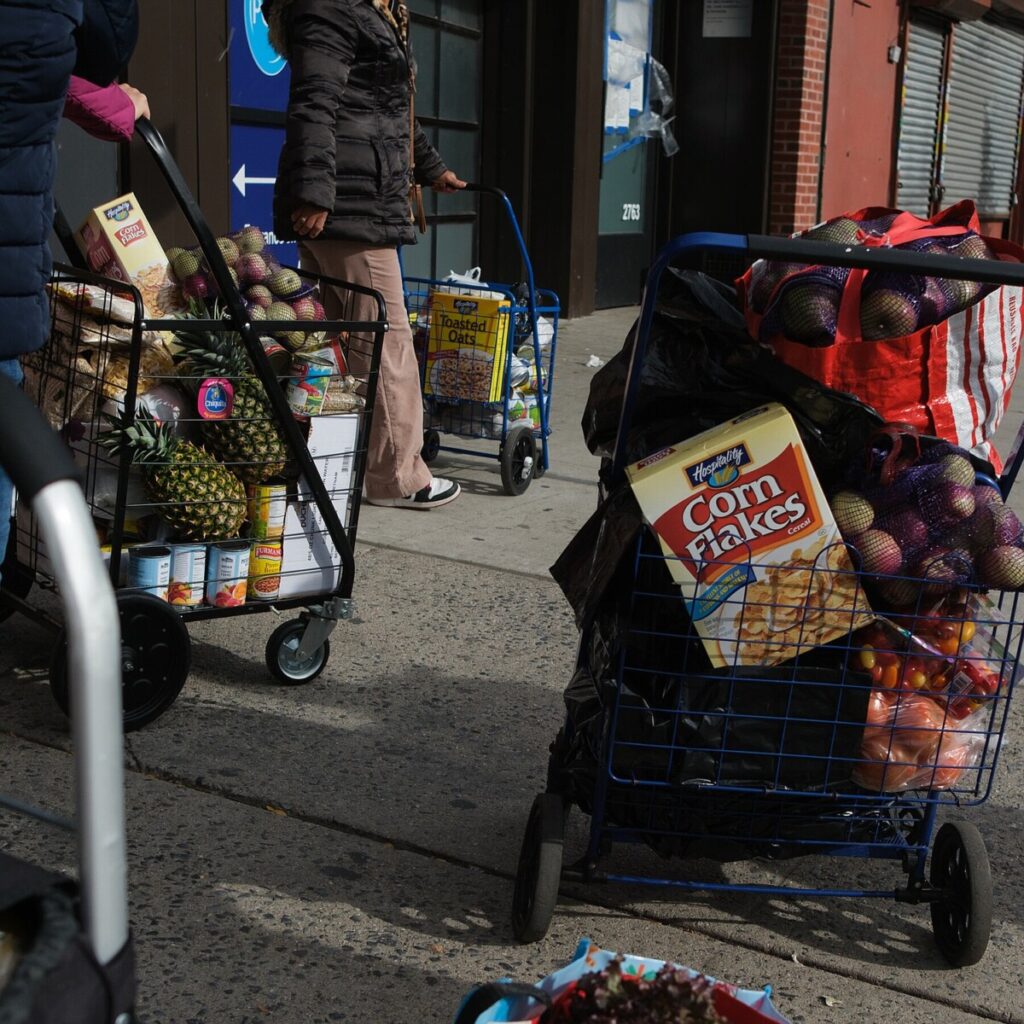Food Stamp Cuts Expose Trump’s Strategy to Use Shutdown to Advance Agenda
As the ongoing uncertainty surrounding the Supplemental Nutrition Assistance Program (SNAP) benefits continues to unfold, many low-income families find themselves in a precarious position. SNAP, a critical lifeline for millions, provides essential food assistance to those in need, but recent delays and unclear communication about benefit disbursement have left many recipients anxious and confused. The situation has been exacerbated by various factors, including administrative challenges and budget constraints at both state and federal levels. As families rely on these benefits to secure their next meal, the lack of clarity surrounding when they will receive their scheduled payments raises significant concerns about food security and overall well-being.
For many households, SNAP benefits are not just a convenience; they are a necessity. According to the U.S. Department of Agriculture, approximately 42 million Americans, including 13 million children, depend on SNAP for nutrition support. With the COVID-19 pandemic highlighting the fragility of food systems and economic stability, disruptions in SNAP payments could have dire consequences. Reports indicate that some states are experiencing delays in processing applications and distributing benefits, leaving families in limbo. For instance, families in states like California and Texas have reported waiting longer than usual for their benefits, which has prompted calls for increased transparency and accountability from state agencies. Advocates emphasize the need for immediate action to ensure that families are not left hungry and without support during these challenging times.
The uncertainty surrounding SNAP benefits not only impacts individual families but also has broader implications for local economies. Food retailers and farmers who rely on SNAP sales may experience decreased revenue, further straining the food supply chain. As communities grapple with these challenges, there is a growing call for policymakers to address the systemic issues within the SNAP program. Ensuring timely and consistent disbursement of benefits is crucial for maintaining food security and supporting the well-being of vulnerable populations. As the situation evolves, it remains essential for families to stay informed about their benefits and for advocates to push for reforms that prioritize the needs of those who rely on SNAP for their daily sustenance.
Related articles:
– Link 1
– Link 2
Much remains unclear about whether or when poor families may receive their scheduled SNAP benefits.
Eric
Eric is a seasoned journalist covering US Politics news.



